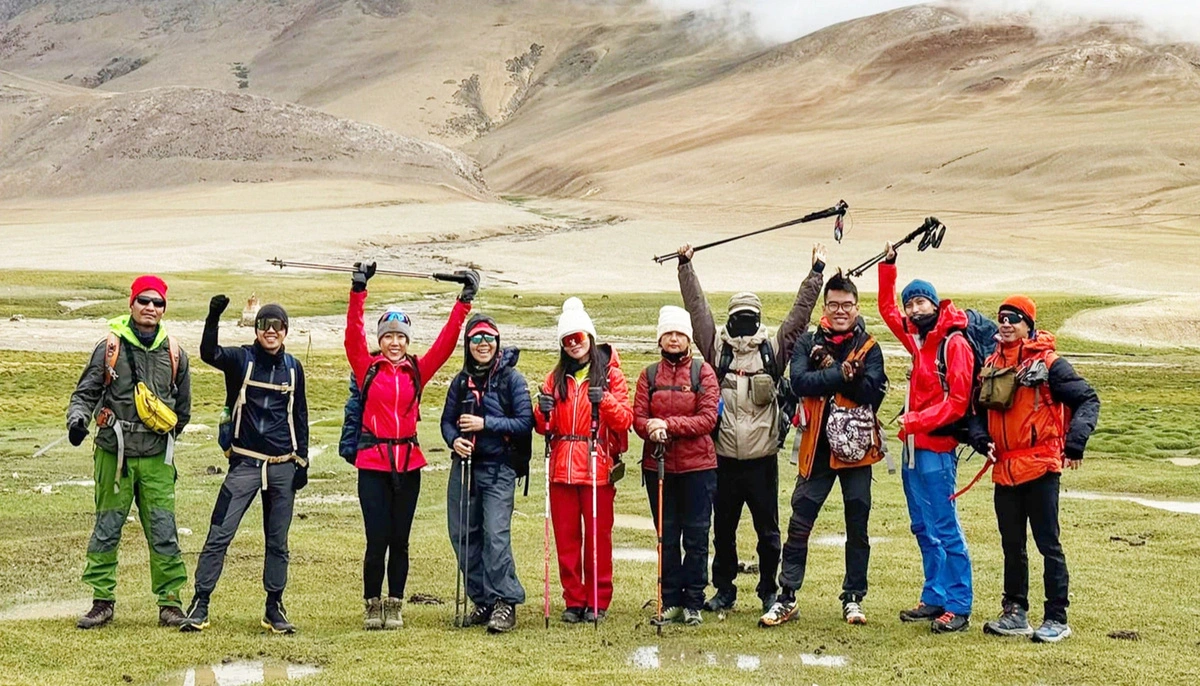
“I stayed up many nights thinking about the coach’s question about the prospect of failing to conquer Manaslu, which could become a burden to my family. After reaching the finish line, I learned a great lesson about patience and determination,” said climber Do Huu Nam.
Do Huu Nam, born in 1994, is a businessman and tour guide in Hanoi. Like many Vietnamese people who are passionate about the adventure sport of mountain climbing today, Nam comes to this sport to train his health, spirit, and will, and to fulfill his dreams of experiencing and discovering.
He told Tuoi Tre : "My goal of conquering the mountains is to overcome my comfort zone, change myself and fulfill my childhood dreams."
Test your physical strength and will
“Before going climbing, I had many problems with health, work, stress... and had to do “ideological work” to convince my wife and children to support my journey to conquer the remote mountains in the Himalayas.
Mentally, climbing Manaslu was probably the most difficult and daring thing I had to do, even though I had planned to train my strength, endurance, heart rate and stamina for almost a year,” Huu Nam shared.
Successfully conquering peaks above 6,000m or 8,000m is a profoundly changing experience both physically and mentally for climbers.
Huu Nam and Nguyen Thanh Binh (who successfully conquered the summit of Ama Dablam 6,812m) both admitted that the body of a climber has to face a harsh environment, lack of oxygen, subzero temperatures, poor diet, and inconvenient living conditions... on the journey. Sudden changes in weather or being too tired can also make climbers want to give up.
“Willpower became the only factor that helped me move forward. I learned how to stay strong in the most difficult conditions and clearly saw the difference between short-term effort and long-term perseverance. The trip gave me more confidence in myself, helping me know how to handle big challenges in life, not only on the mountain but also in everyday situations,” said Huu Nam.
Balance daily life
Conqueror of K.2, the world’s second highest mountain after Everest but notorious as “the world’s most dangerous peak” in the Karakoram mountain range that spans the border between Pakistan and China, surgeon Ngo Hai Son said he has been practicing multi-sports for more than 20 years and this experience helps him overcome the physical challenges of climbing mountains over 8,000m high.
“The pressure of mountain climbing helps me share the pressure of my daily work as a doctor, working continuously and closely related to the lives of patients,” said Dr. Son.
During the K.2 climb, Dr. Son also provided health care to other climbing companions. He also compared the similarities between the medical profession and the passion for mountain climbing, such as the need to constantly make quick, accurate decisions; how to overcome fatigue and anxiety, etc.
For Pham Thuy Duong, born in 1990, an office worker in Hanoi , mountain climbing is “an outdoor sport that helps me practice discipline, diligence, concentration, balance in life, and recharge with positive and fresh energy when connecting with nature”.
Manaslu summit conqueror Do Huu Nam also agreed: “Mountaineers are often conscious of protecting the natural environment, especially high mountain areas with natural wonders that need to be preserved. I find peace in the midst of majestic nature.
“Nature trips help me balance my life between family, work, and career. At a height of thousands of meters, I also have the opportunity to see the world from a completely different perspective, feel my smallness and appreciate every moment of life.”
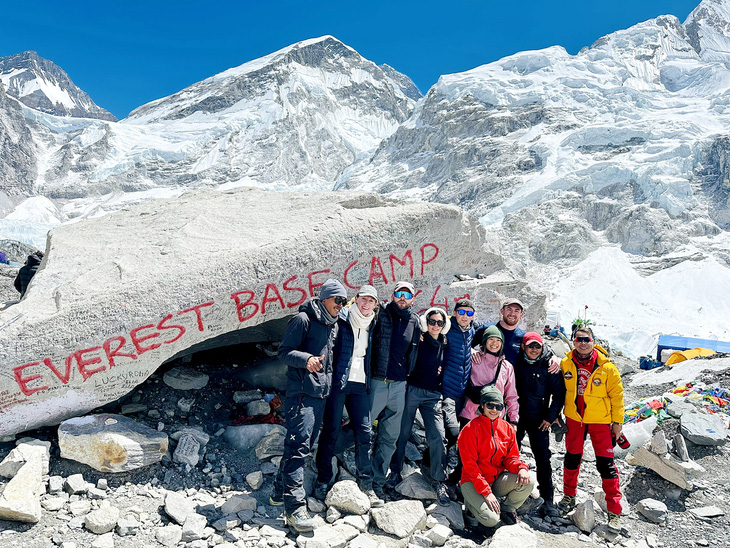
Many Vietnamese people come to Everest Base Camp in Nepal – Photo: TRUNG NGHIA
No trade-offs
Having been involved in mountain climbing for the past 7-8 years, Pham Thuy Duong said she does not "blindly climb and conquer mountain peaks at all costs".
She said that during her trip to climb Mentok Kangri in northern India this fall, the cold, harsh weather and hail caused Duong to suffer altitude sickness at 5,400m and she agreed to go back to base camp instead of trying to reach the top. Of the eight Vietnamese people in the group, only three were able to conquer the 6,250m high Mentok Kangri peak.
Engineer Khai Nguyen, the first Vietnamese to conquer the “Seven Summits” (the seven highest mountains on the continents), suggests to those who love mountain climbing: “Take the time to learn carefully about the mountain’s terrain, the journey to the top, the weather, and keep your mind calm and comfortable, then climbing will become easier.”
Ms. Thanh Binh affirmed that mountain climbing is not only valuable in the summit but also valuable throughout the journey from planning, setting goals and completing them.
She said: “You know yourself, you know the mountain, you know what you have and you know where to stop. If you haven’t reached the top, the mountain is still there, waiting to meet you again when you are more ready. This is also a quality of an enlightened climber: knowing how to let go, being serene, calm, and forgiving.”
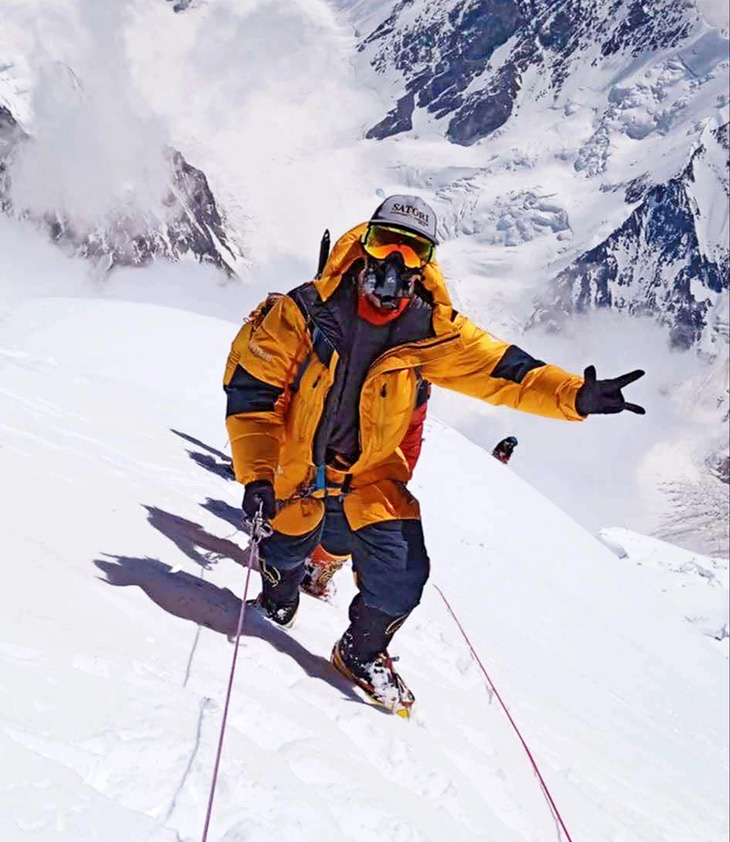
Doctor Ngo Hai Son climbs a snowy slope at an altitude of 8,500m on the K.2 mountainside (Pakistan) – Photo: NVCC
In Vietnam, young people/climbing groups often start their passion for mountain climbing to improve their health by conquering peaks such as Ba Den (966m high, Tay Ninh), Bach Moc Luong Tu (aka Ky Quan San, 3,046m high, Lai Chau), Lung Cung (2,913m, Yen Bai), Ta Chi Nhu (2,979m, Yen Bai), Ngu Chi Son (2,858m, Lao Cai), Lao Than (2,860m, Lao Cai)...
Popular trekking and mountain climbing routes that Vietnamese people participate in abroad include the highlands of Ladakh (India), Annapuruna Base Camp (4,130m), Everest Base Camp (5,364m) in Nepal...
The news that Vietnamese people are conquering mountains around the world has caused excitement and pride in the community, but there have also been doubts about the “fake summit”.
Photographer Nguyen Thanh Hai, who spent four years trekking and climbing in the Himalayas, said he greatly appreciates and admires those who have the passion, ability, determination and conditions to conquer "exceptional" mountain peaks (over 8,000m).
However, unfortunately, there are cases where the summit declaration has not been strongly convincing to the climbing community for many reasons, such as not following the principles of altitude adaptation or lacking transparent data, tracklogs (location features, distance recording), images, and clips.
“I think mountain climbing is first and foremost an honest activity, with self-respect and for the true value that mountain climbing brings to each climber,” said Mr. Hai.
Tuoitre.vn
Source: https://tuoitre.vn/nguoi-viet-chinh-phuc-nui-cao-len-nui-cao-thay-minh-be-nho-20241125235541121.htm



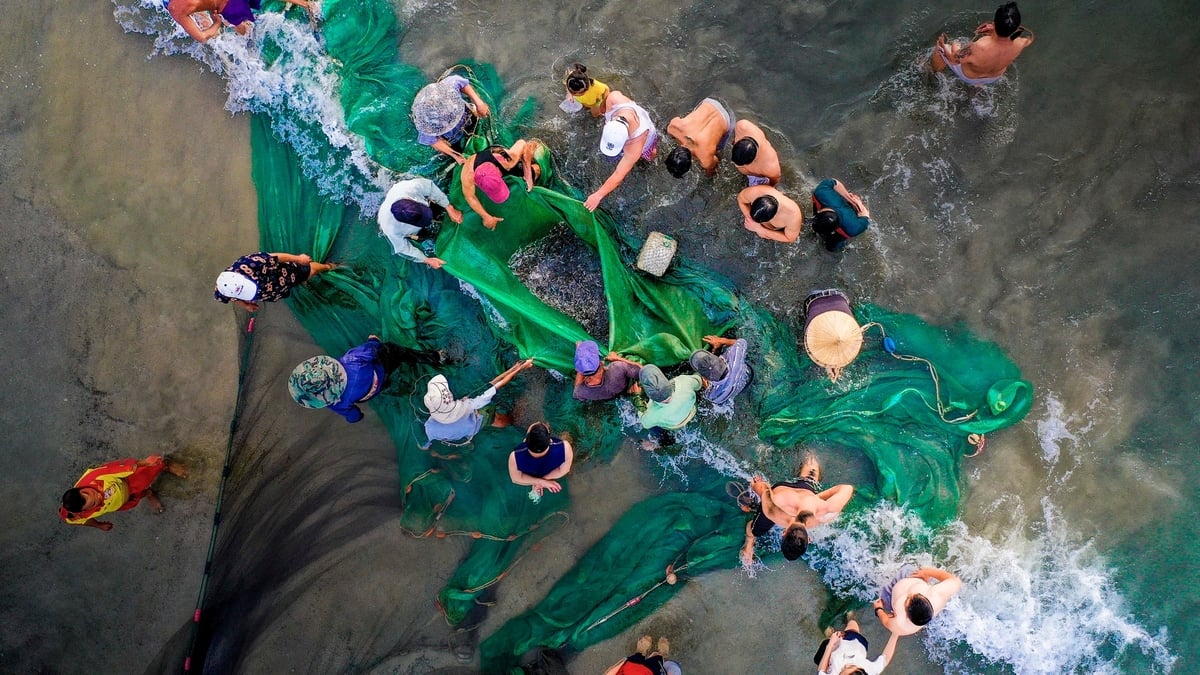
![[Photo] First training session in preparation for the parade to celebrate the 80th anniversary of National Day, September 2nd](https://vphoto.vietnam.vn/thumb/1200x675/vietnam/resource/IMAGE/2025/6/25/ebf0364280904c019e24ade59fb08b18)
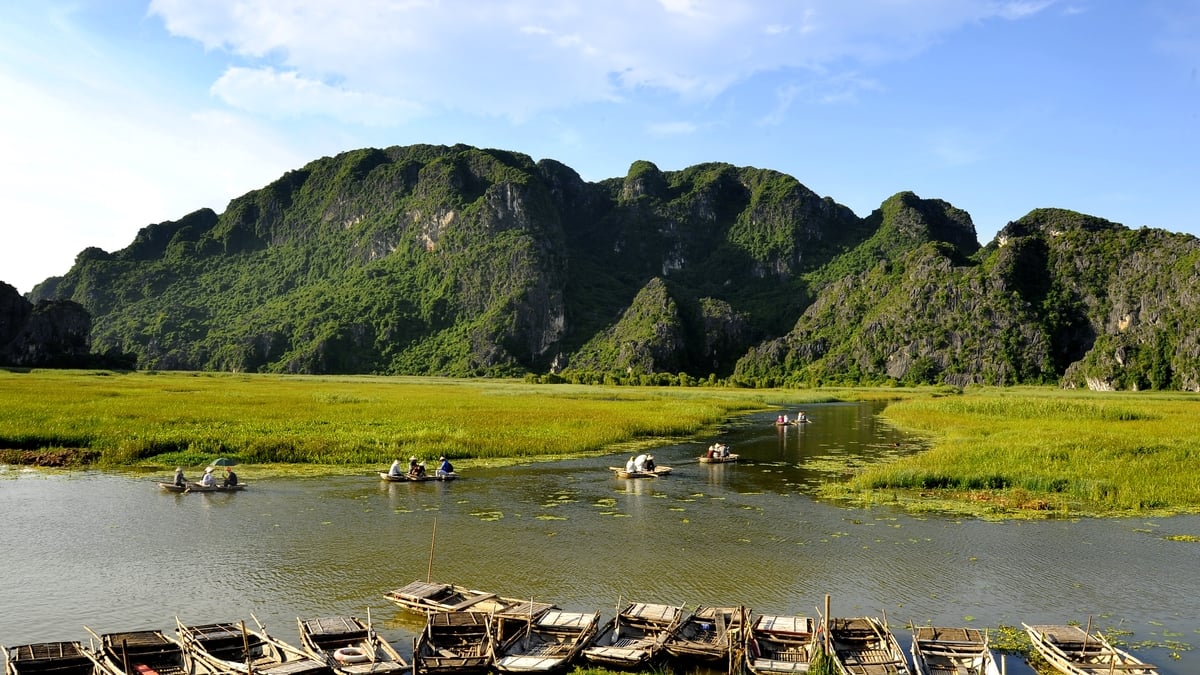

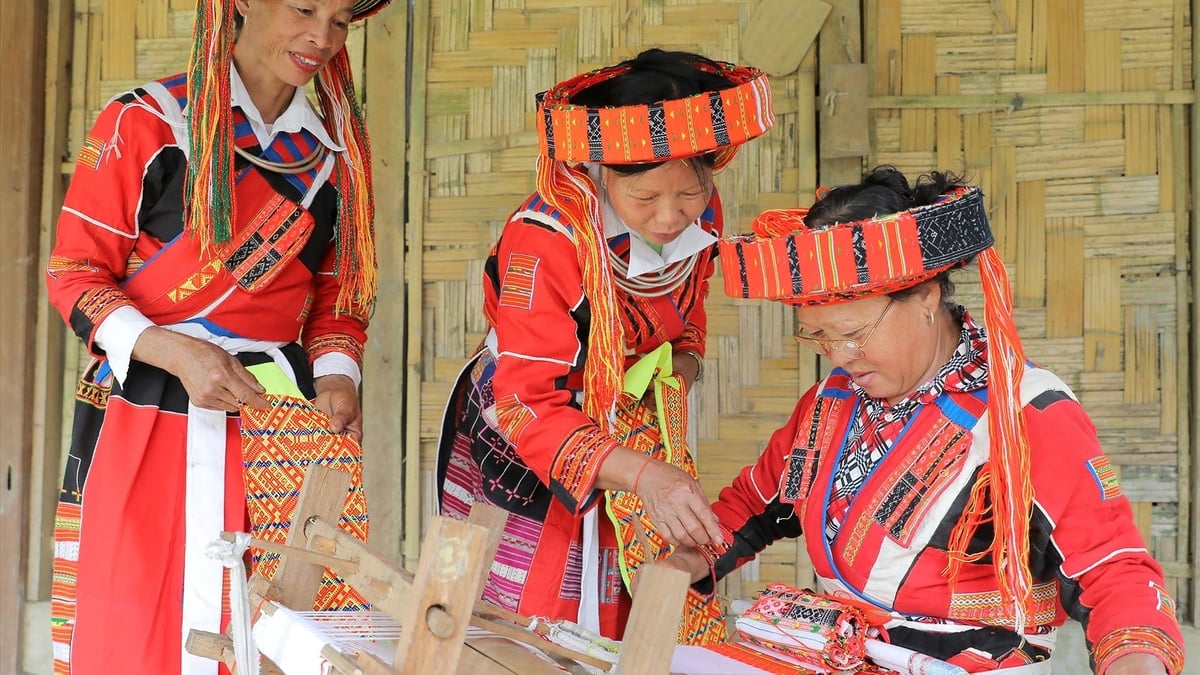
![[Photo] General Secretary To Lam works with the Standing Committee of Quang Binh and Quang Tri Provincial Party Committees](https://vphoto.vietnam.vn/thumb/1200x675/vietnam/resource/IMAGE/2025/6/25/6acdc70e139d44beaef4133fefbe2c7f)






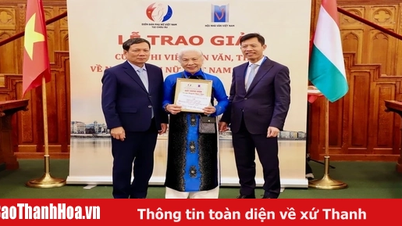

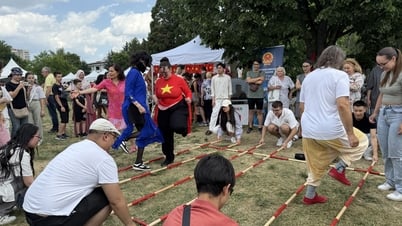



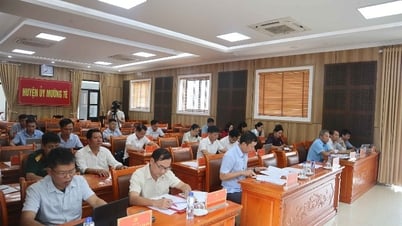











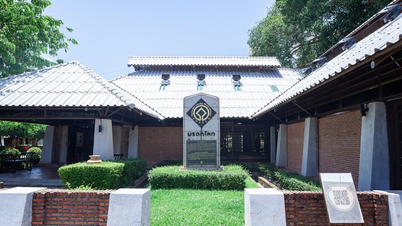
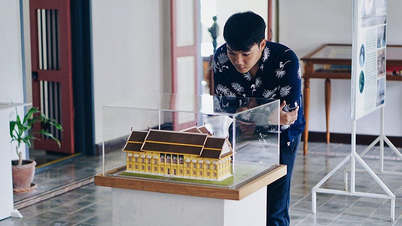
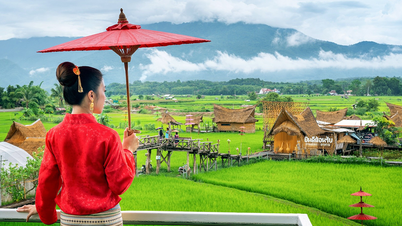
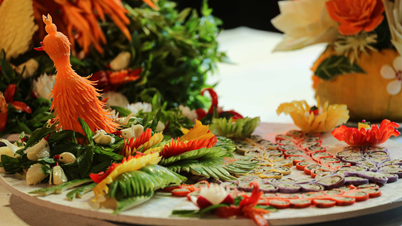

![[Photo] More than 124,000 candidates in Hanoi complete procedures for the 2025 High School Graduation Exam](https://vphoto.vietnam.vn/thumb/1200x675/vietnam/resource/IMAGE/2025/6/25/fa62985b10464d6a943b58699098ae3f)
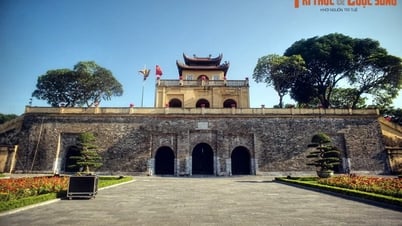

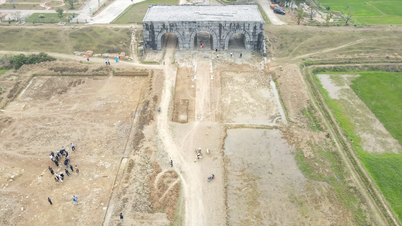

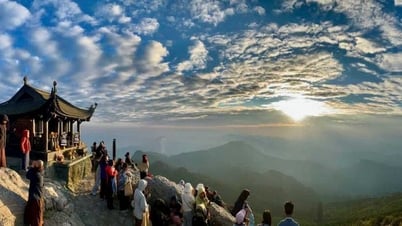

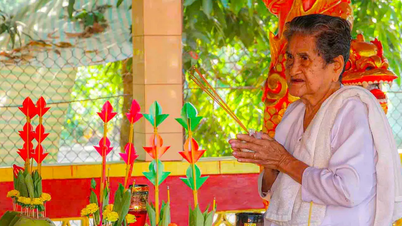

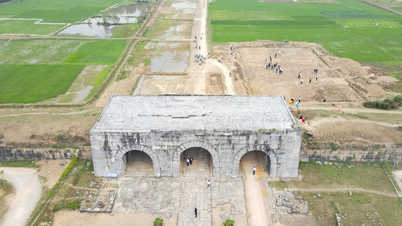

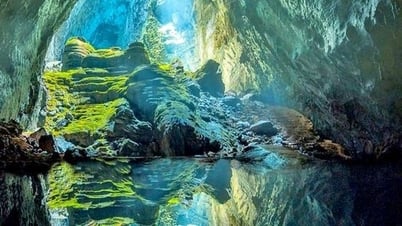




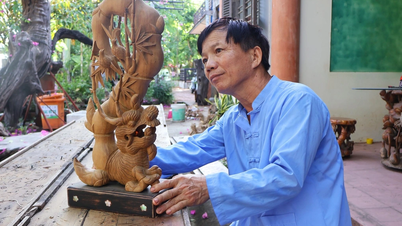



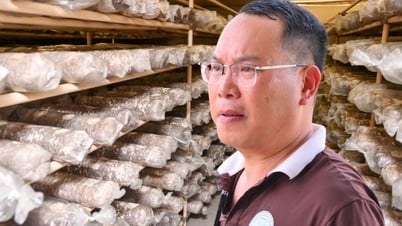





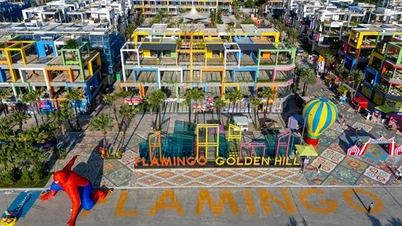




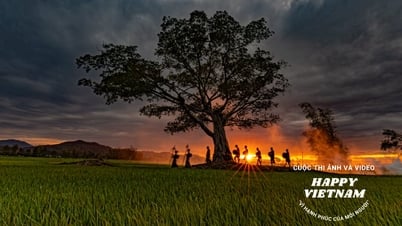
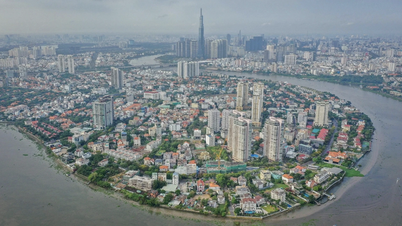
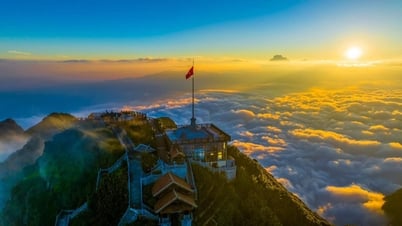

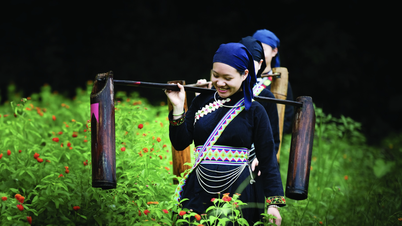

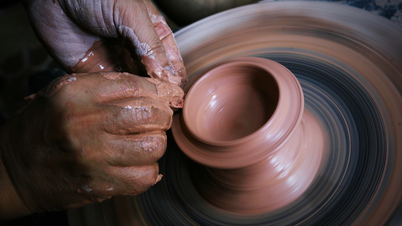



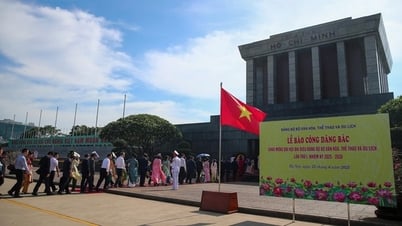
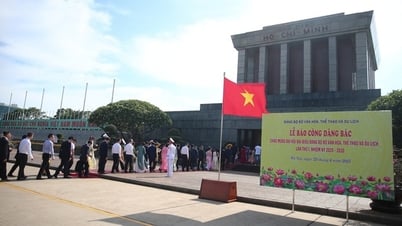
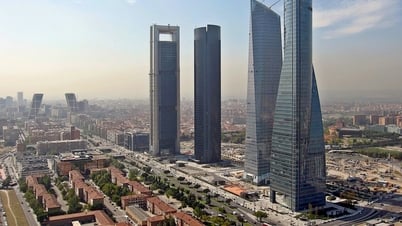



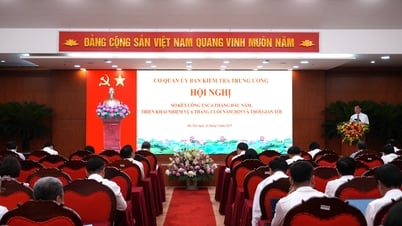
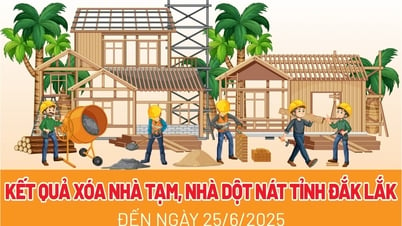






















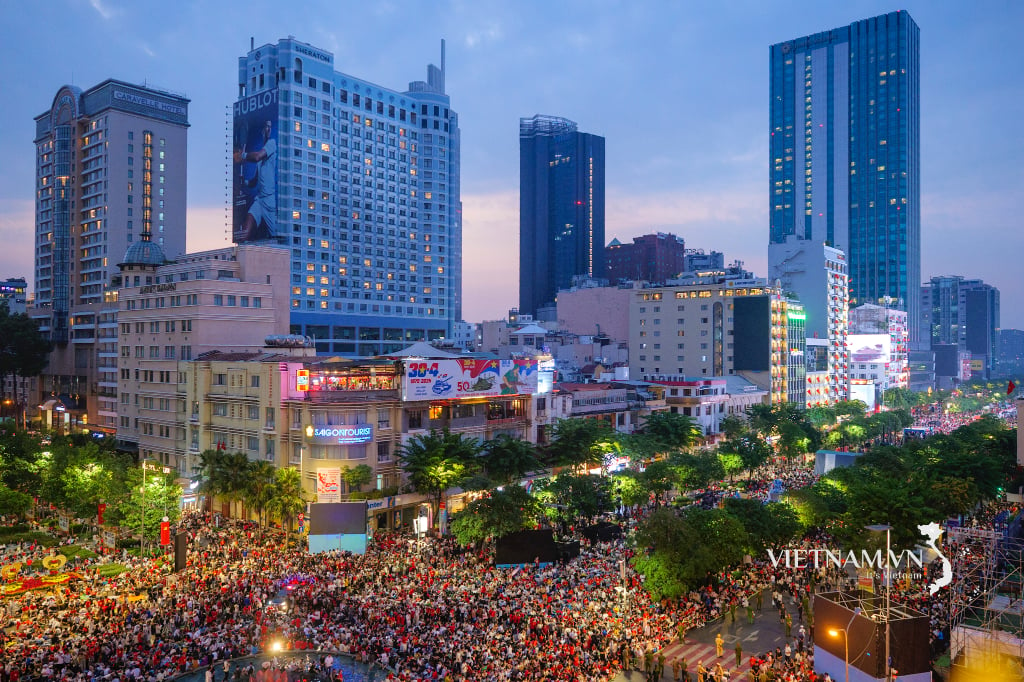
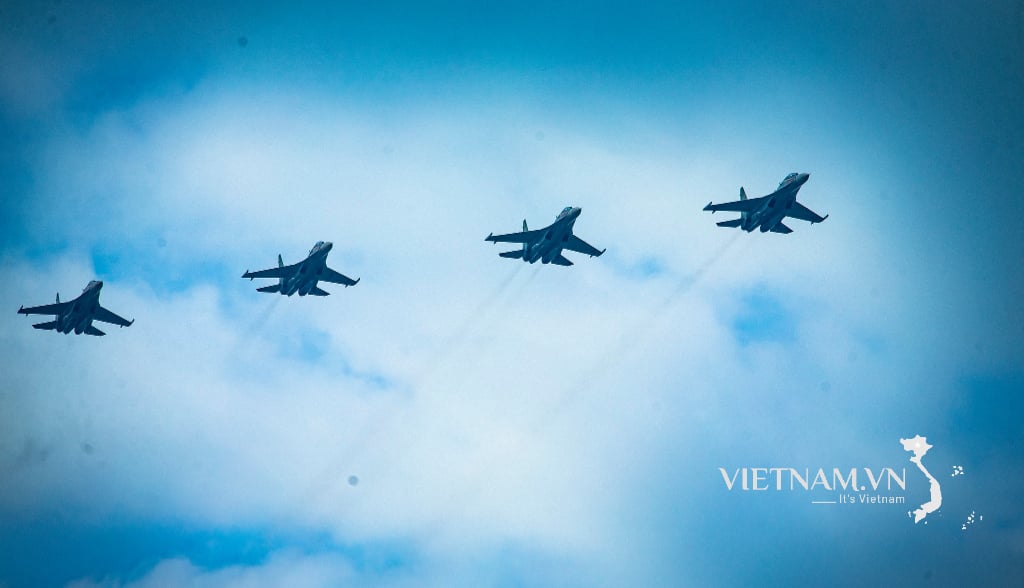
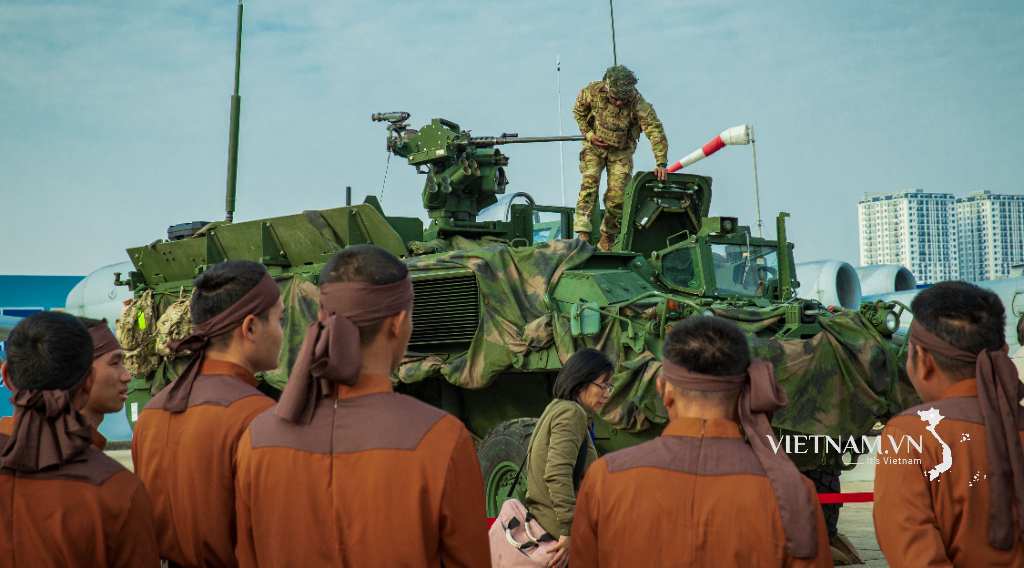
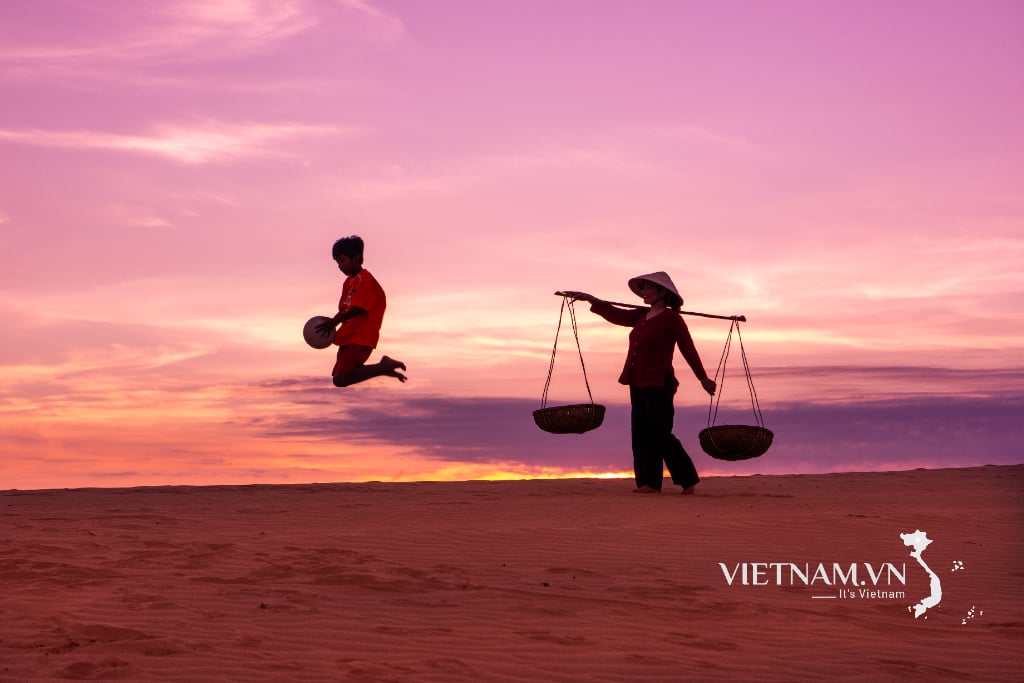
Comment (0)